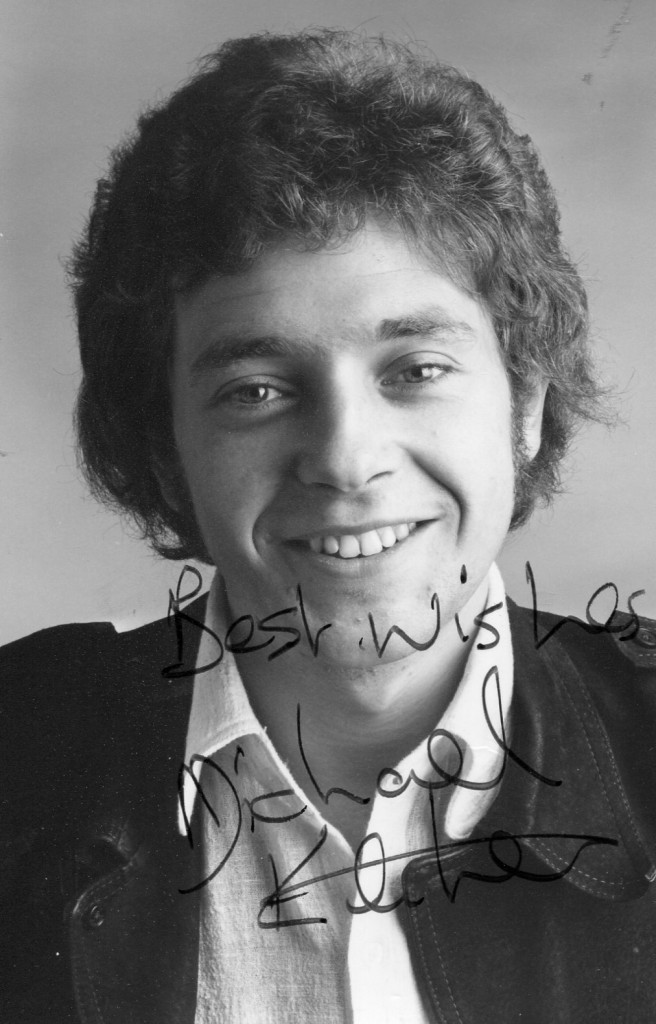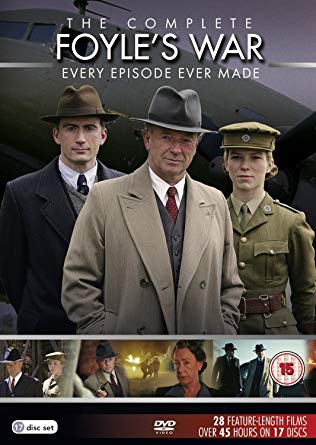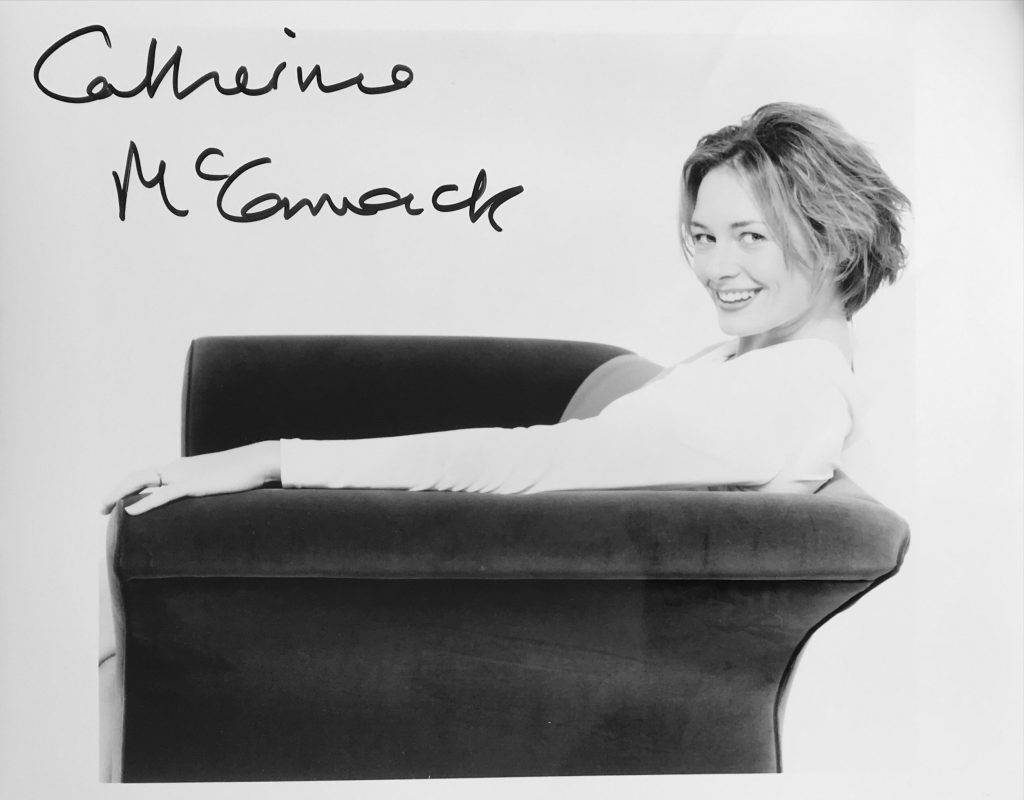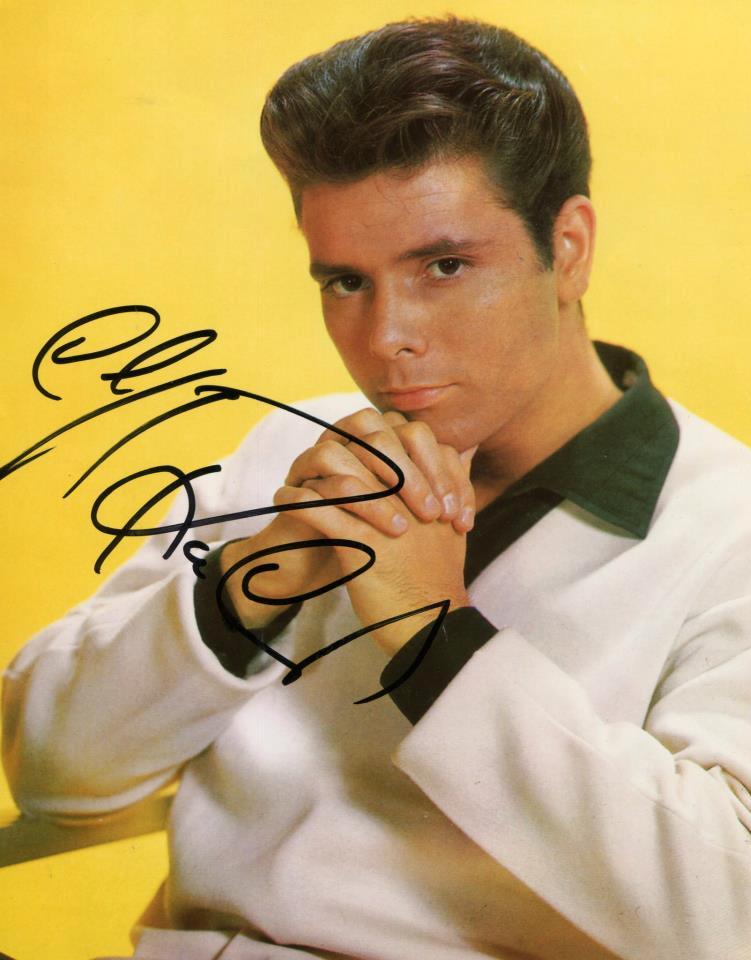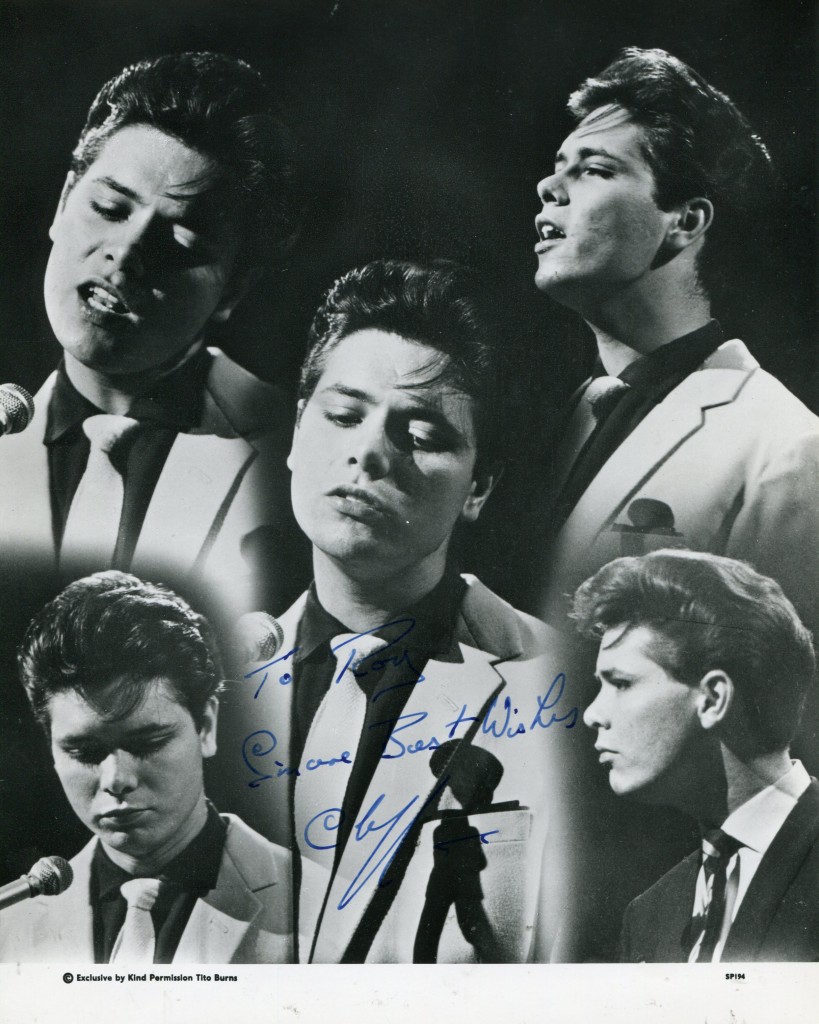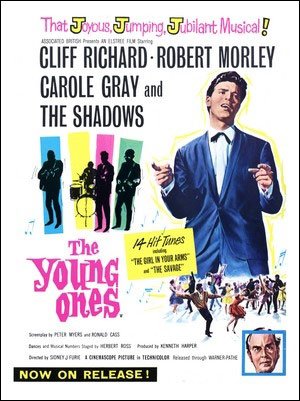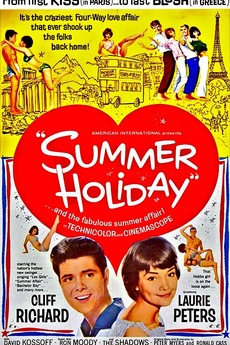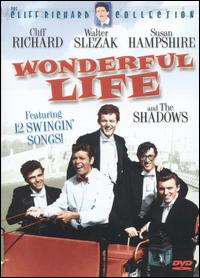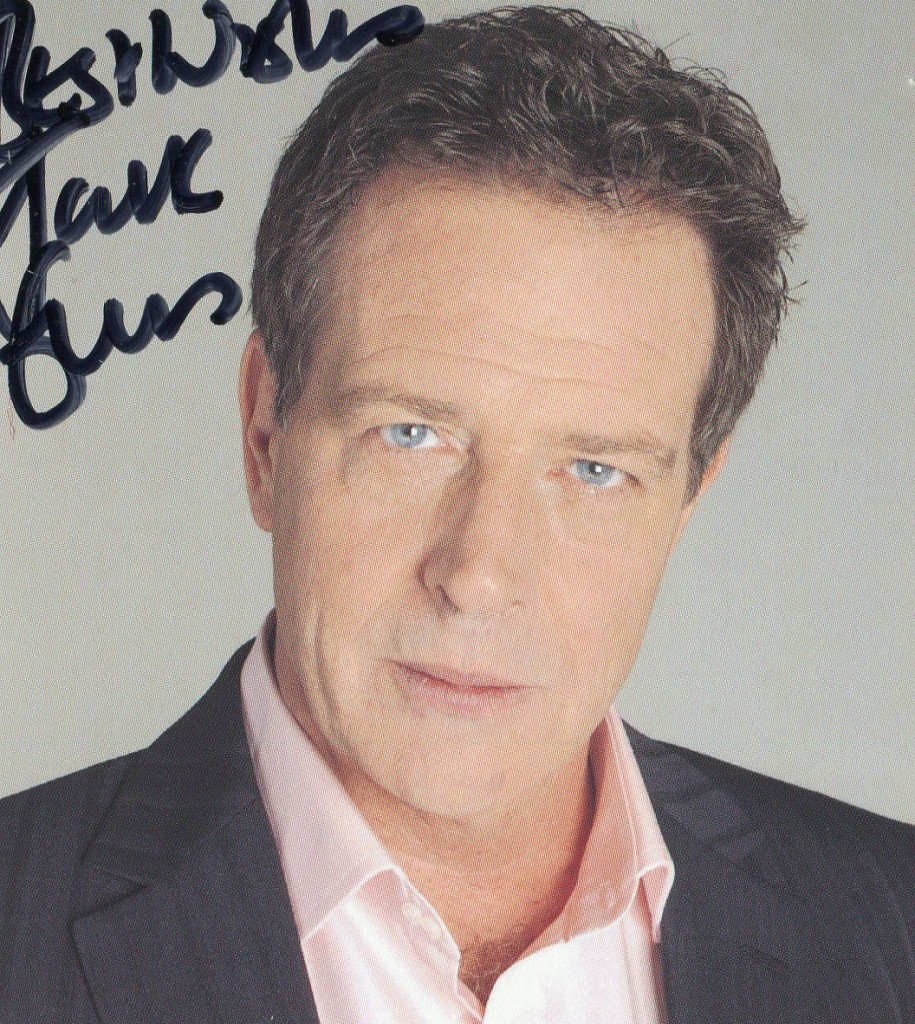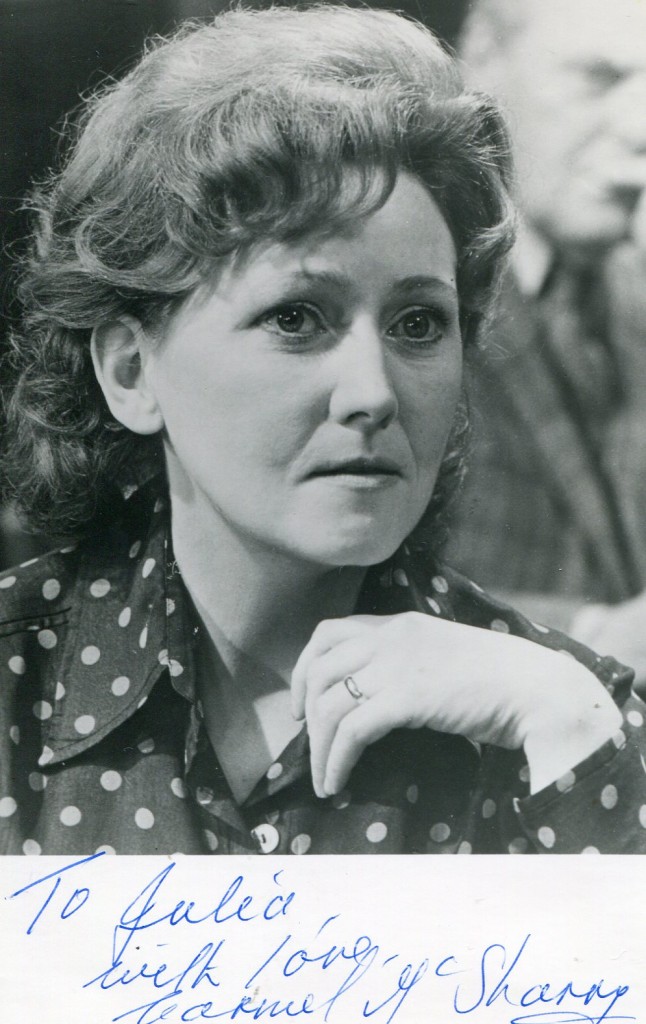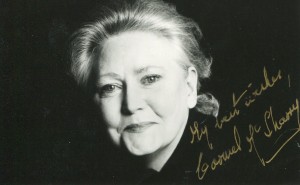Catherine Cusack was born in 1968 and is the youngest daughter of the great Irish actor Cyril Cusack. One of her earliest acting roles was with the famed Druid Theatre in Galway. In 1992 she achieved national fame in the UK as Carmel Finnan the nurse stalking Martin Platt in “Coronation Street”. Her films include “The Lonely Passion of Judith Hearne”, “Conspiracy of Silence” and “Finding Neverland”.
As she utters these lines, Catherine Cusack frowns. It is not in her nature to speak out. It obviously still troubles her slightly. But at 40, she has started to examine her life and see how she is the product of her upbringing.
Right now, the London-born actress has many reasons to be cheerful. She is relishing her role as Goneril in Second Age’s production of King Lear. “It’s great to play a villain.” For so long, because of her innocent face, she was frequently cast in nice, non-threatening roles. Many will remember her from Coronation Street, where she played Carmel, the babysitter who was not as sweet as she seemed. (The character, who was supposed to be from Offaly, had erotomania — a disorder where the subject holds a delusional belief that a person is in love with her.) Some Irish people complained in mock outrage that nobody from Offaly would have erotomania.
Nowadays, Catherine lives in London with her husband Alex Palmer, an English actor whom she met when she played his wife on stage. From the way she speaks of him, it is clear that she is very happy with him. Yet in the time that I spent with her, she talked most about her childhood, her parents and, in particular, her relationship with her late father, the actor Cyril Cusack.
“He was 58 when I was born, so there was a big generation gap, but I think I also had a much more relaxed dad than possibly the others had. (Cyril had five children from his first marriage to the actress Maureen Kiely.) By that stage, he was probably easier to live with.”
This is the pleasing answer, but then Catherine goes on.
“He was a very difficult man. This is only my experience and I do think I had it a bit easier, but he kind of dominated a room. There’d be an atmosphere. I don’t know if he meant to, but he just did. It’s hard to describe how some people do that but he did. It’s something very subtle. As he had grown older and become more established, the world started to revolve around him. But also it was a generation thing. He was a man when men were the centre of everything, the centre of family. I think he was a fantastic actor, a ground-breaking actor. When he was quite famous and successful, he was given that status and respect.”
She was obviously not impressed by his behaviour when he wasn’t working, but I say that he was probably used to having people waiting on him hand and foot when he was in films, so he may have expected the same in real life. Also, many artists often have huge egos, where they are self-consumed. That is their norm.
“Yeah, I agree, but there is something in me which thinks those people should be kept down to earth, they need that.”
It sounds like everyone gave in to Cyril.
“He was moody. I’m not talking shouting or violence and it certainly wasn’t ‘my hell childhood’ but the thing about childhood is that whatever you have is what you’re used to. It’s your normality. He could be a champion sulker. There’d be an atmosphere that would close everything.”
Catherine and her mother, Mary Rose Cunningham, would try to appease him.
“With Dad, you tried to make everything all right and all good, and make it happy. I think some of the others would have had the same experience.”
Did it work?
“Mostly it did, but it took a lot of energy and then that’s how you develop, which isn’t that healthy. I found that a real problem. You can be a rebel, but I never was. I didn’t let myself have a temper. I was totally appeasing and it would have been a lot healthier if I had spoken back, but sometimes Mum would try that and it didn’t work, so that was very frustrating. All that stuff about my wanting to scream and shout probably comes out on stage instead.”
But it was not just a childhood blighted by Cyril’s artistic temperament. Catherine has many fond memories of her father. She remembers when he brought her to her first opera as a little girl — La Boheme — and he got a great laugh out of her reaction to The Mikado.
“A Japanese girl was singing a line, ‘Why am I so ugly?’ and I apparently shouted out — ‘No, you’re not. I think you’re beautiful’, which Dad liked a lot.”
Catherine used to go to mass with her father every Sunday in London, but when he died, she stopped going, as she realised that it meant nothing to her. She remembers when they were in Dublin, how she used to go into the oratory on Leeson Street with him; he would always bless himself when he passed there, or any church. They did Lent in their home.
When Catherine speaks of how her father met her mother, her voice becomes hesitant. Theirs was not an easy beginning and even as an adult, Catherine is only aware of certain details. The story was one which caused much pain. Cyril was married to Maureen when he met Mary Rose, while he was filming in Rome. They began an affair. In some ways, it was a double and somewhat secret life he led. He was publicly a strict Catholic and did not believe in divorce, so he didn’t marry Mary Rose until his first wife had died in 1977, when Catherine was nine.
“It’s pretty common knowledge and I suppose a lot of heart-rending years went by. I don’t actually know if he left his wife and I haven’t actually been told because there was a lot of pain. He couldn’t and wouldn’t marry my mother because he wouldn’t divorce. But all this wasn’t a secret. I think he was sort of between the two families, when he wasn’t away working. I grew up in London. I kind of felt like an only child and I was kind of an only child. By that stage, Sinead and Sorcha (Cusack) were up working, having careers. Later on, Dad introduced me to Niamh. I grew up in west London and I went to a convent school, which was probably Dad’s influence.”
Her mother, Mary Rose, had led a colourful life before she met Cyril. Catherine was her one and only child. She had her when she was 46. (Later, Catherine concedes that this is probably one reason why she is not too worried about her biological clock.)
“I could talk about my mother until the cows come home. We were very close.”
Mary Rose was from Cloncurry, a tiny village in Queensland. (After her mother died, Catherine went on an odyssey to see her mother’s birthplace.) During the Second World War, Mary Rose was a personal assistant to a colonel in the Australian Army. That brought her to Sydney, where she met a touring acting company, which included Laurence Olivier and Vivien Leigh. (She got to know the actress very well and said that she had a filthy vocabulary.) Dan Cunningham, one of the actors, proposed to Mary Rose. She told him to go back to London and, if he felt the same way there, she would join him. She duly did, they married in London, but it ended in divorce. She was working as the head of a company selling cashmere when she fell in love with an Italian count. Off she went to live with him in Rome. Eventually he died of liver cancer, but she stayed on in Rome. By that stage, her ex-husband, Dan was doing a bit of work as an actors’ agent. When Cyril told him that he was going to Rome to do a film, Dan told him he had a friend there and to look her up. And so began the affair. Catherine says that her mother was great fun and very relaxed. She would often encourage her daughter to mitch from school so that the two of them could stay home and watch television. On leaving school, Catherine decided to study drama at university, to see if acting was for her. She had grown up watching her father on stage and observing him learning his lines at home.
“He was in his element when he was acting.” She has fond memories of the production of Shaw’s You Never Can Tell in which he starred. (Years later, she was to be in the play, too.) During her time at university, she got some work as an assistant stage manager at the Tricycle Theatre and some acting came out of that. Soon she was hooked, and, equity card in hand, she left college and pursued acting full time. Her father was extremely proud of her when she played a nun in Agnes of God at Andrew’s Lane Theatre. Another time he saw her in Bold Girls and said, “She’s an actress.”
When Cyril died in 1993, after a long and painful battle with motor neurone disease, the family were with him. “I loved him and when he died I realised how much I loved him. It really took me aback. I’d always felt close to my Mum, but I didn’t always feel that connection with him. There was a sense of relief when he died because the disease was over, but also life was much easier.”
Catherine enjoyed the time with her mother — “We were each other’s world.”
Three years after Cyril’s death, Mary Rose got ovarian cancer for which she was treated. When it came back, she decided to have no further treatment. Catherine was in Sebastian Barry’s play, Our Lady of Sligo, playing Joanie. In the play her character’s mother, who was played by her step-sister, Sinead, was dying of cancer. It was too close to the bone and one day, observing Catherine’s palpable suffering, Sinead told her — “The show doesn’t always have to go on”. They got another actress to take Catherine’s place, so she could be with her dying mother. Mary Rose died in 1998.
“When Mum died, then we all had no parents. At that moment I had to grow up because I don’t think I had. Being Mum’s only child I was very much cocooned. I wasn’t in a bad position financially but suddenly I was alone in the world. It dawns on you that you’re only here for a limited time.”
Catherine still lives in the family home. She and her husband Alex have de-cluttered the house and changed the kitchen so that it feels more like their own place. She and the rest of the Cusack children are very close. She sees Niamh the most, as she lives across the river from her but she is in touch with Padraig, Paul, Sinead and Sorcha, too. Niamh has written a piece for Vogue on her sisters and she has touched on the difference in her relationship with Catherine.
When she is not acting, Catherine often goes rock- climbing with her husband — full-on life threatening stuff with ice axes and crampons.
“We’ve done it mostly in Scotland and it’s amazing when you go up into the hills. It’s stunning, like being on another planet.”
“The first time I went rock- climbing I wanted to hold my own. I remember thinking — I will not be shown to be less. I went with him because I loved him. But then one day, while I was trying to put in an ice axe, terrified that I would fall, I lost it and told him that it was not for me.” And with that sentence, Catherine Cusack stopped being her appeasing self and grew up.
The above “Independent.ie” article can be accessed online here.
